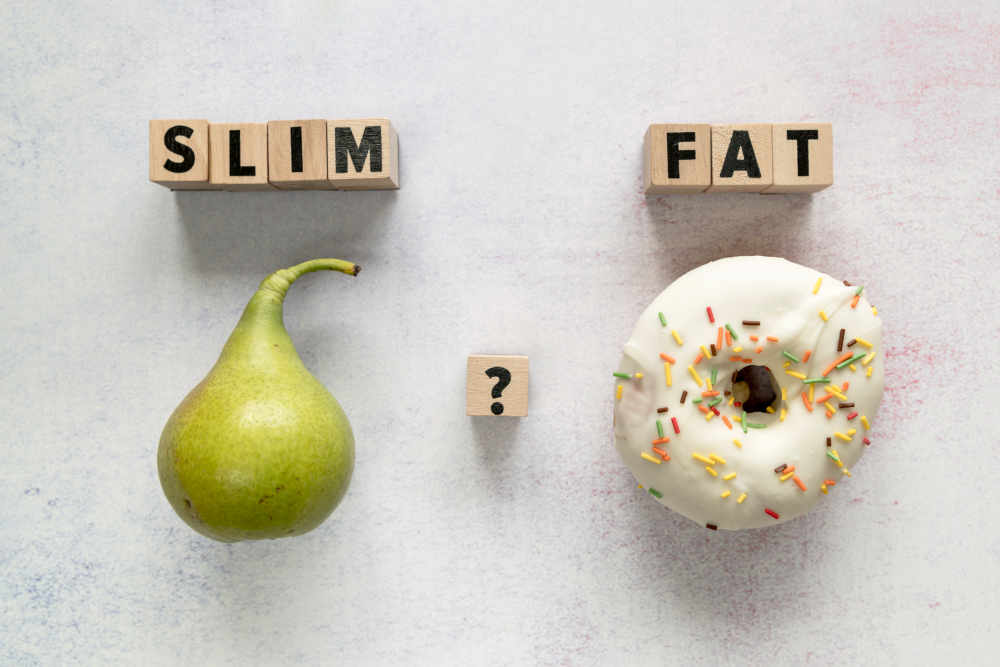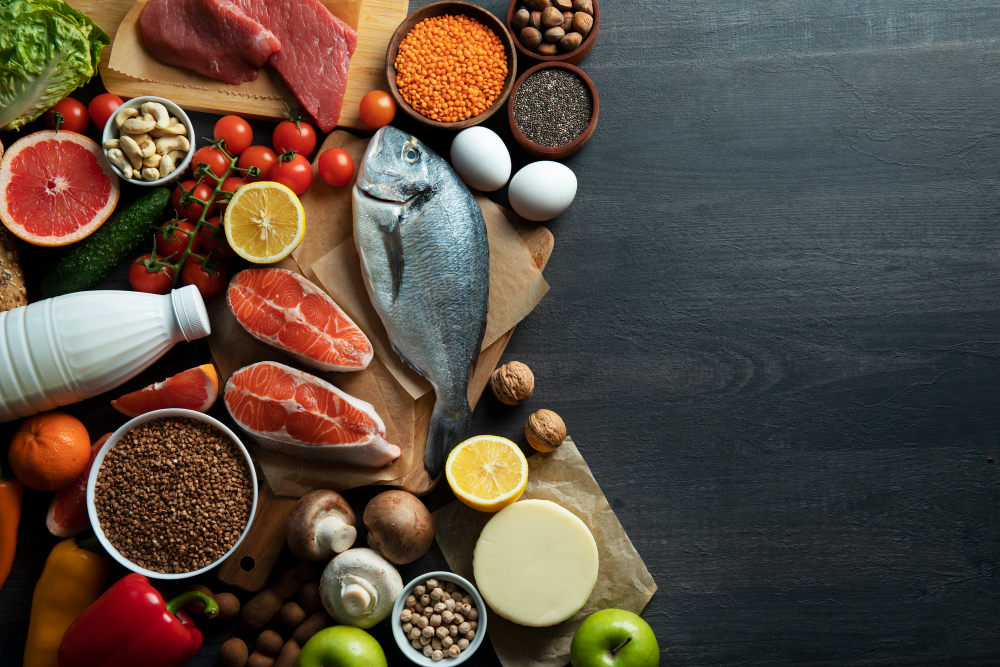
In the quest for weight loss, many people resort to extreme measures like crash diets or excessive exercise regimens. However, sustainable and healthy weight loss doesn’t have to involve drastic measures.
By making small, manageable changes to your diet and lifestyle, you can achieve lasting results without feeling deprived or hungry.
In this blog post, we’ll explore some simple yet effective adjustments you can make to your diet to shed pounds and improve your overall health. These changes focus on creating a balanced, nutrient-rich eating plan that promotes weight loss while ensuring you feel satisfied and energized throughout the day.
1. Focus on Whole Foods

Incorporating whole foods into your diet means opting for foods that are as close to their natural state as possible. This includes fruits and vegetables, which are rich in vitamins, minerals, and antioxidants that support overall health and weight loss.
Whole grains like brown rice, quinoa, and oats provide complex carbohydrates and fiber, which help regulate blood sugar levels and keep you feeling full.
Lean proteins such as chicken, turkey, and fish are excellent sources of protein without added saturated fat, making them ideal for supporting muscle growth and repair. By centering your meals around whole foods, you’ll not only reduce your calorie intake but also improve the nutritional quality of your diet.
2. Control Portion Sizes
Portion control is essential for managing calorie intake and preventing overeating. Using smaller plates and bowls can trick your brain into feeling satisfied with smaller portions, while measuring serving sizes can help you become more aware of appropriate portion sizes.
Eating slowly and chewing your food thoroughly allows your body time to register feelings of fullness, reducing the likelihood of overeating. By paying attention to portion sizes and eating mindfully, you can better manage your calorie intake without feeling deprived.
3. Drink Plenty of Water

Staying hydrated is crucial for overall health and can support weight loss efforts. Drinking water before meals can help reduce appetite and prevent overeating, as thirst is often mistaken for hunger.
Aim to drink water throughout the day, especially before and after exercise, to replenish fluids lost through sweat. Choosing water or herbal tea over sugary beverages like soda or juice can also save you calories and prevent unnecessary sugar consumption. By prioritizing hydration, you can support your weight loss goals while promoting overall well-being.
4. Incorporate More Protein
Protein plays a key role in weight loss by increasing feelings of fullness, supporting muscle growth, and boosting metabolism. Including sources of lean protein in your meals and snacks can help you stay satisfied between meals and reduce cravings for high-calorie snacks. Options like chicken, turkey, tofu, beans, and lentils are not only rich in protein but also offer other essential nutrients like iron and zinc.
By incorporating protein into your diet, you can support your weight loss goals while maintaining muscle mass and promoting overall health.
5. Practice Mindful Eating
Mindful eating involves paying attention to the sensory experience of eating and being fully present during meals. This means avoiding distractions like television or smartphones and focusing on the taste, texture, and aroma of each bite.
Practicing mindful eating can help you become more aware of your body’s hunger and fullness cues, preventing overeating and promoting a healthier relationship with food. By slowing down and savoring each bite, you can better appreciate your meals and make more conscious choices about what and how much you eat.
6. Plan Ahead

Planning your meals and snacks in advance can help you make healthier choices and avoid impulsive eating. Start by creating a weekly meal plan and grocery list, taking into account your nutritional needs and preferences. Batch cooking or meal prepping on weekends can save you time during the week and ensure you have nutritious meals ready to go.
Stocking your kitchen with healthy options like fruits, vegetables, whole grains, and lean proteins can make it easier to stick to your weight loss goals. By planning ahead, you can set yourself up for success and make healthier choices throughout the week.
7. Allow for Treats in Moderation
Depriving yourself of your favorite foods can lead to feelings of restriction and eventual binge eating. Instead, allow yourself to enjoy treats occasionally in moderation. This means savoring a small portion of your favorite dessert or indulging in a special meal without guilt.
By practicing moderation and balance, you can satisfy your cravings while still making progress towards your weight loss goals. Remember that no food is off-limits, and enjoying treats in moderation can help you maintain a healthy relationship with food for the long term.
